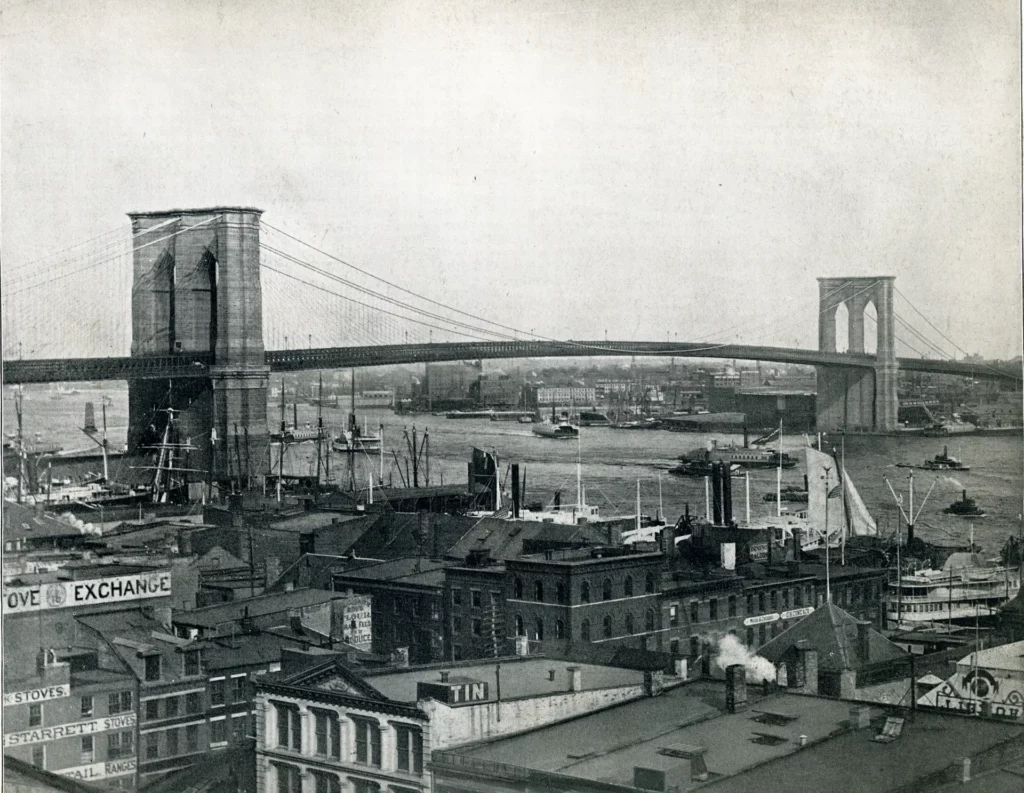
Historic: Signifying Importance in History
Historic, an adjective, is used to describe events, places, or objects that are significant in history:
- Significant Moments: Describes an event of great significance in the past.
Example: “The peace treaty signing was a historic event that marked the war’s end.” - Important Locations: Refers to places or structures that hold historical importance.
Example: “The ancient city is home to historic monuments that attract tourists worldwide.” - Personal or Cultural Importance: Indicates personal or cultural significance over an extended period.
Example: “The family home has a historic value, as it has been passed down through generations.”
Historical: On the Study of History
Historical, also an adjective, is used to describe something related to the study or record of the past:
- Relating to History: Describes items or artifacts connected to and representing different historical eras.
Example: “The museum houses a vast collection of historical artifacts from various periods.” - Based on Past Events: Indicates that the narrative is grounded in or reflects past events.
Example: “The novel provides a historical account of the struggles during that particular time.” - The Academic Discipline: Refers to the academic discipline focused on studying and analyzing historical events.
Example: “She pursued a degree in historical studies to delve deeper into the events that shaped the world.”
Strategies for Differentiation
- Significance vs. Study
Understand that historic refers to events or places with great significance, while historical relates to the study or record of the past. - Momentous vs. Chronological
Recognize that historic often implies something momentous or culturally significant, while historical is more related to chronological records and studies.






